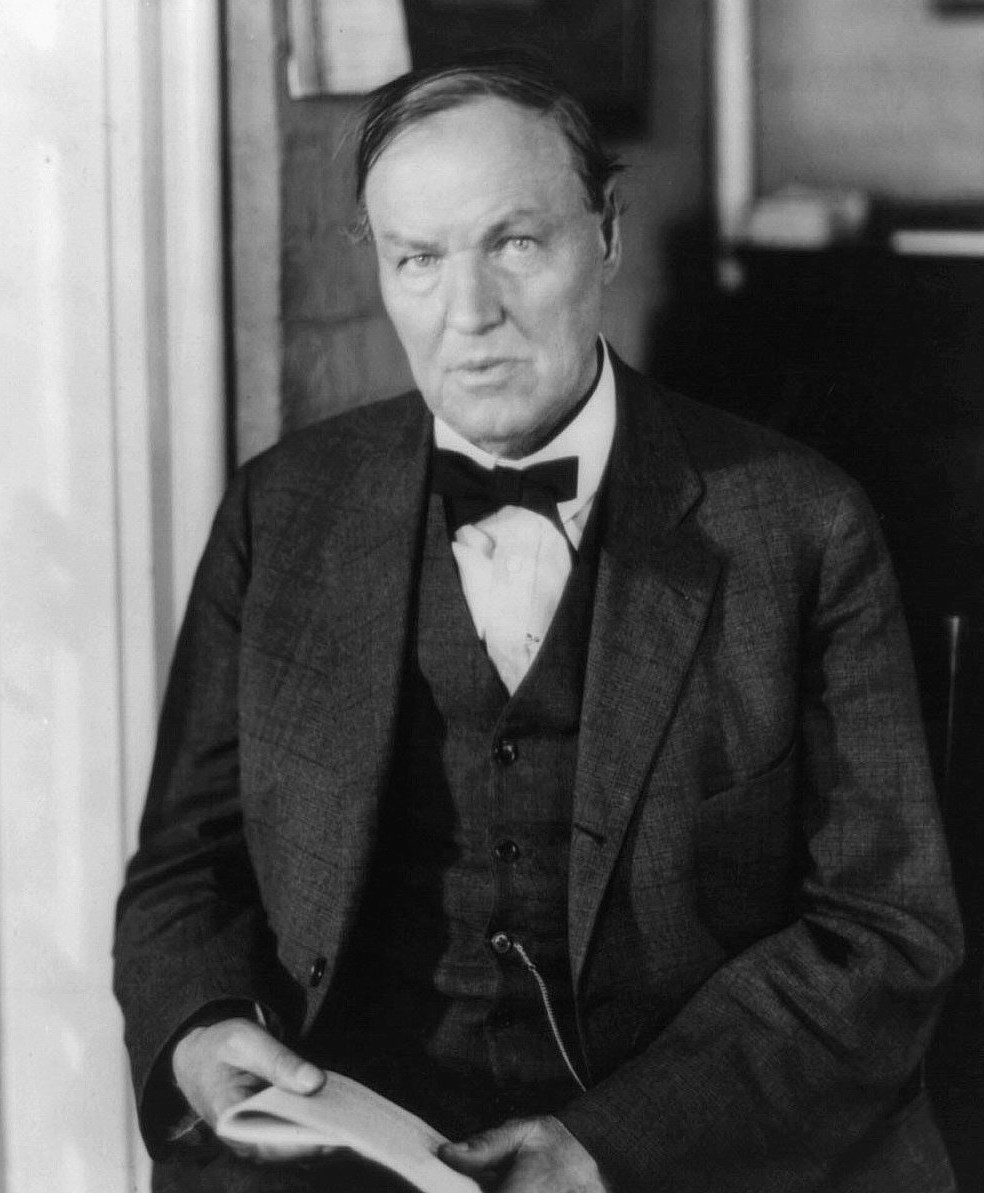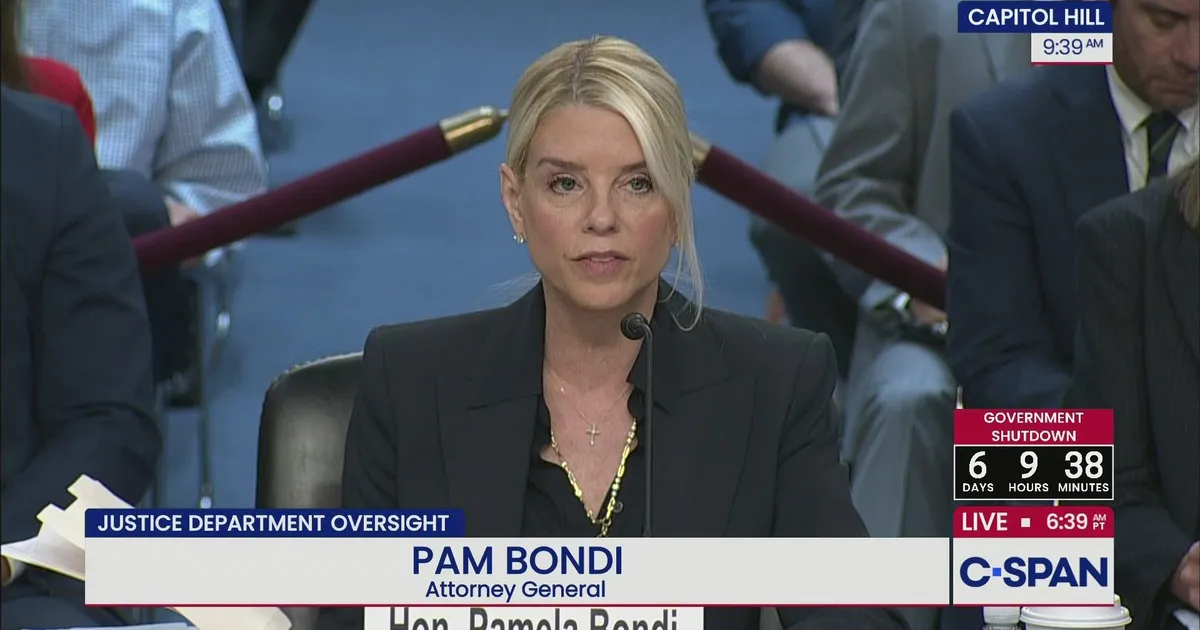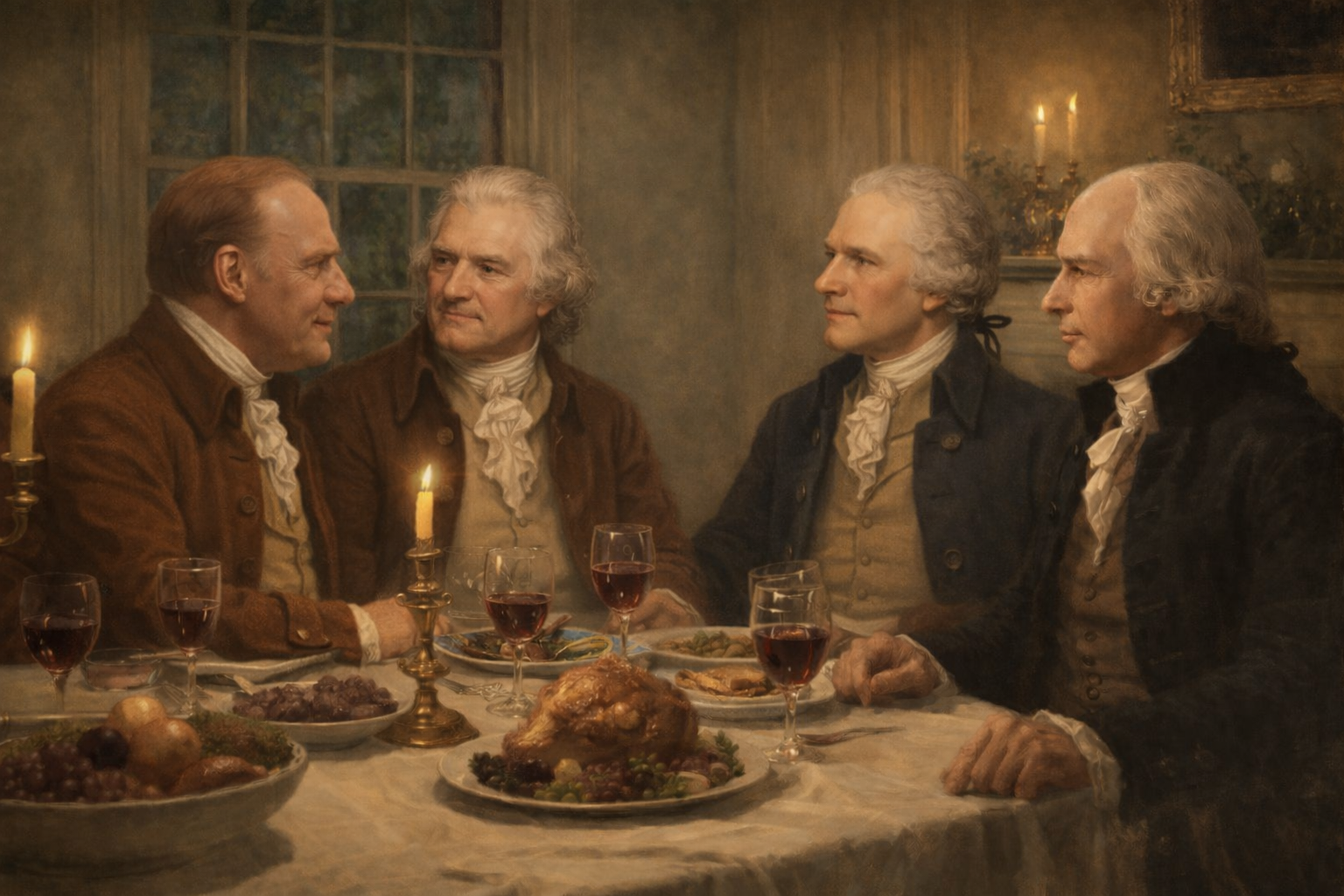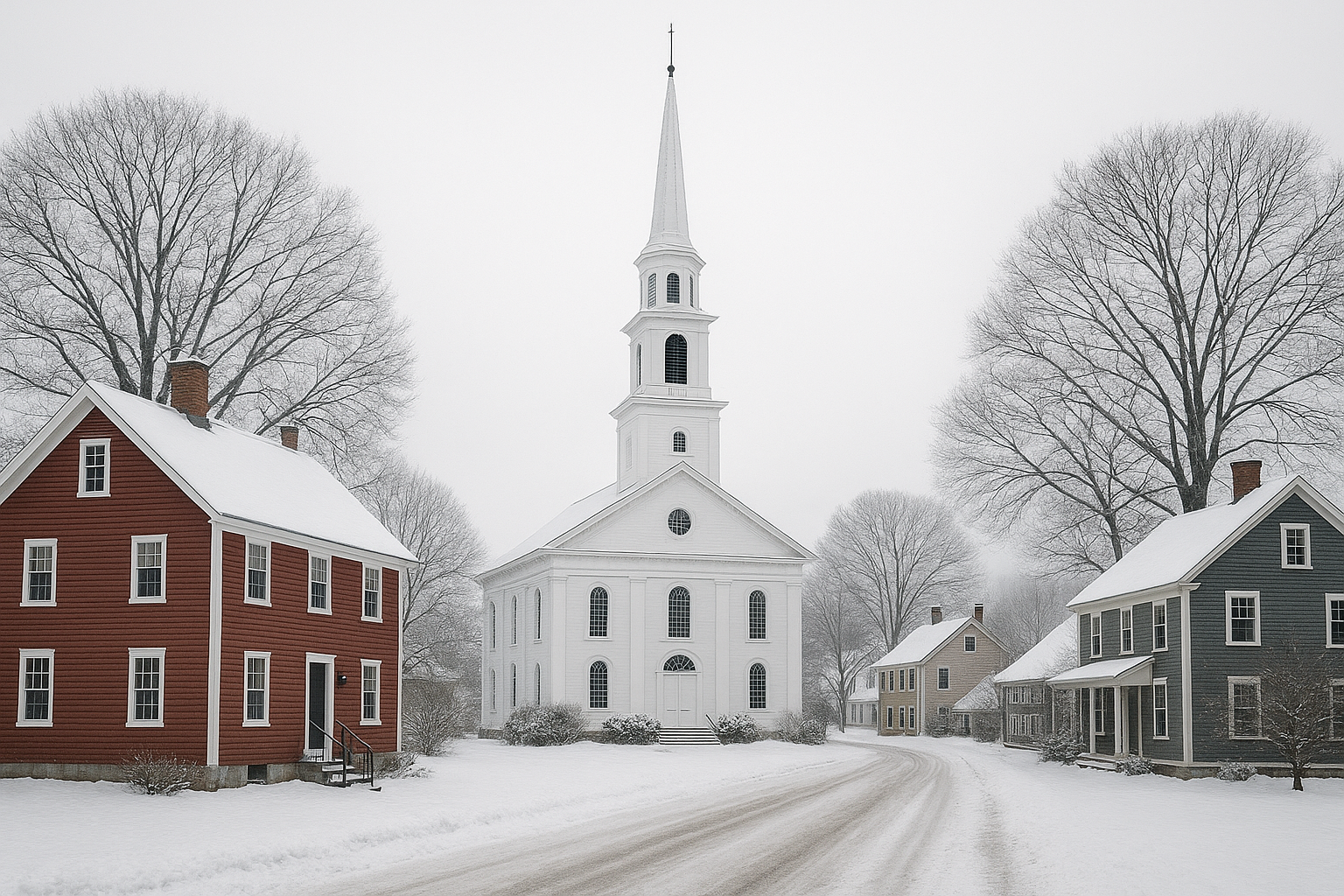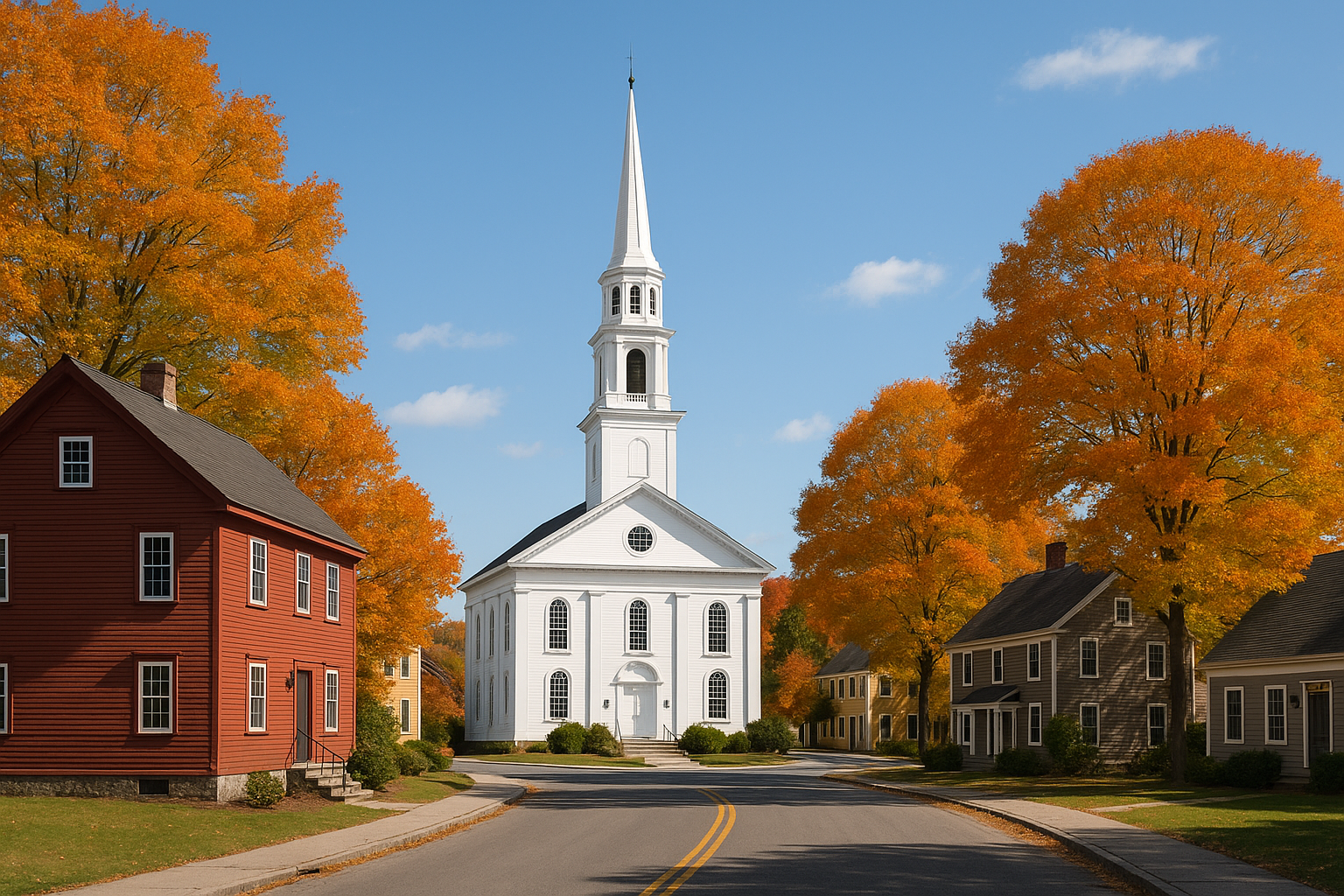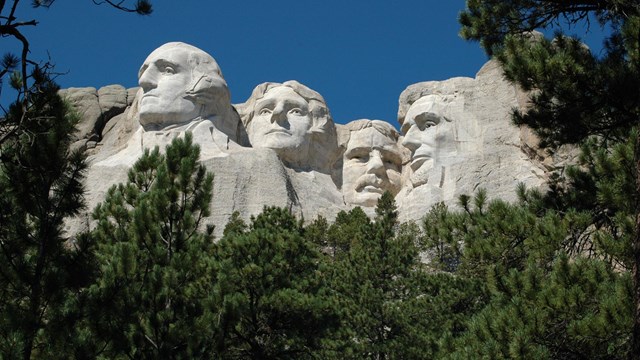
The Presidential Greatness Project, led by Professors Brandon Rottinghaus and Justin Vaughn, is a research effort that evaluates U.S. presidents through the lens of expert scholars in the field of presidential politics. Every few years, these scholars weigh in on which presidents exemplify greatness based on their leadership, historical significance, and legacy.
In 2024, not surprisingly, Abraham Lincoln still holds the top spot, symbolizing unity and moral courage during America’s darkest times. Franklin D. Roosevelt, distinguished for guiding the nation through the Great Depression and World War II, climbed to second place, surpassing Washington—somewhat of a surprise considering that Washington set a high bar for leadership as the first American president. Joe Biden enters the rankings with solid marks (tied with John Adams at 14) for restoring stability after the Trump administration.
It’s hardly surprising that Donald Trump ranks at the bottom. Scholars point to significant concerns over his disregard for democratic norms and the lasting impact his disruption and self-interest may have on the integrity of the nation’s institutions.
James J. Buchanan has typically ranked at the bottom of presidential lists for supporting the pro-slavery Dred Scott decision and failing to act decisively as divisions between North and South deepened, leading to the Civil War—a moment when the country desperately needed strength and vision. This year, however, Buchanan surpassed Trump.
Let me repeat that for anyone still undecided about the upcoming election: Presidential scholars ranked Donald Trump as worse than the president who supported the Supreme Court’s Dred Scott decision and led the nation into a Civil War that claimed between 620,000 and 750,000 lives.
The survey’s “respondents included current and recent members of the Presidents & Executive Politics Section of the American Political Science Association,” the authors write, “which is the foremost organization of social science experts in presidential politics, as well as scholars who had recently published peer-reviewed academic research in key related scholarly journals or academic presses.
“The results of this ranking are quite similar to the results from our previous surveys (released in 2015 and 2018): Abraham Lincoln again tops the list (95.03 average), followed by Franklin Delano Roosevelt (90.83), George Washington (90.32), Teddy Roosevelt (78.58), Thomas Jefferson (77.53), Harry Truman (75.34), Barack Obama (73.8), and Dwight Eisenhower (73.73).
“The most notable changes in this ordering are Franklin Delano Roosevelt moving up to #2 from the third spot last year and Dwight Eisenhower falling back to #8 from #6 last year. The bottom of the rankings is also relatively stable. Donald Trump rates lowest (10.92), behind James Buchanan (16.71), Andrew Johnson (21.56), Franklin Pierce (24.6), William Henry Harrison (26.01), and Warren Harding (27.76).
“While partisanship and ideology don’t tend to make a major difference overall, there are a few distinctions worth noting. For example, Republicans and Conservatives rank George Washington as the greatest president and James Buchanan as the least great. There are also several presidents where partisan polarization is evident – Reagan, George H.W. Bush, Obama, and Biden – but interestingly not for Bill Clinton.”
In his Annual Message to Congress on December 1, 1862, during the height of the Civil War, Abraham Lincoln said, “We cannot escape history. We of this Congress and this administration will be remembered in spite of ourselves. No personal significance or insignificance can spare one or another of us. The fiery trial through which we pass will light us down in honor or dishonor to the latest generation.”
Lincoln’s words serve as a powerful reminder that the choices we make today have lasting consequences. Every leader and every citizen plays a crucial role in shaping our nation’s story. The “fiery trial” we all face calls for us to choose honor over dishonor. We must strive to ensure that our legacy reflects integrity, courage, and moral strength.
On Friday, I’m going to dig a little deeper.
Comments


